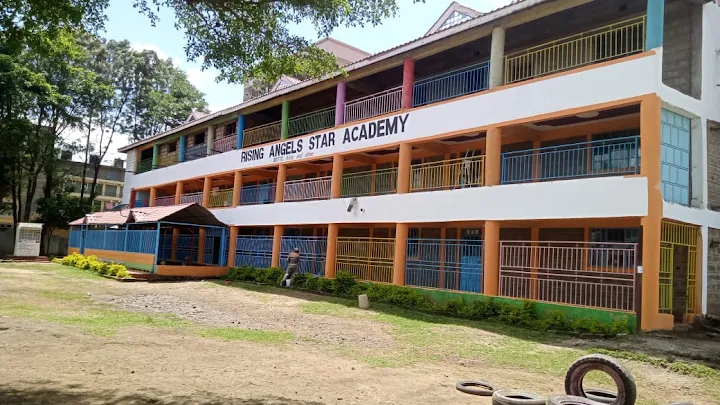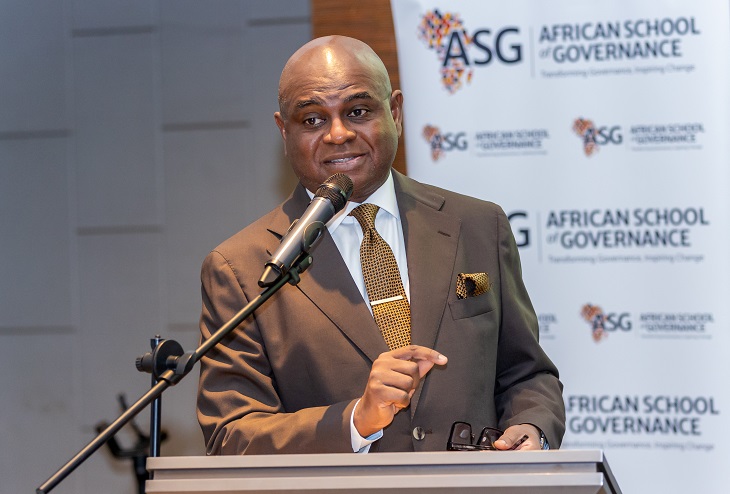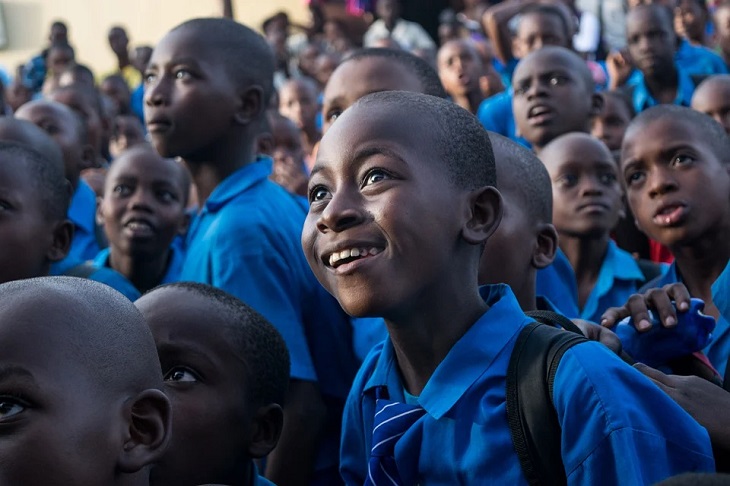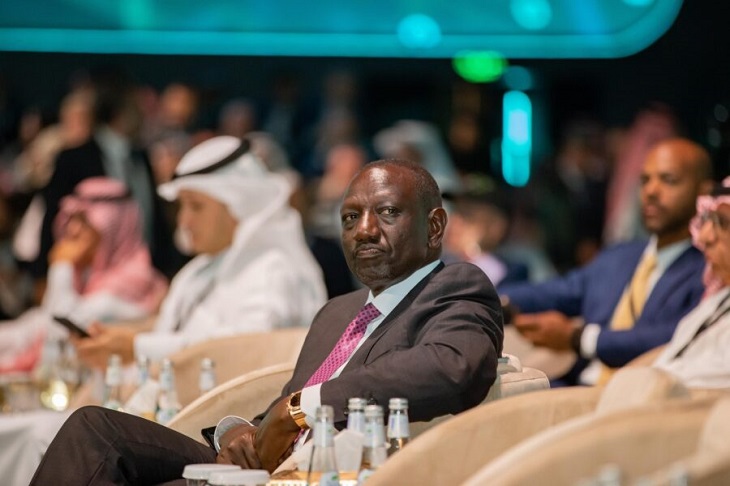This year, Year 9 learners across Kenya are facing one of the most important decisions in their academic journey: choosing a career pathway. For the first time, under the Competency-Based Curriculum (CBC), students must select between three streams STEM (Science, Technology, Engineering & Mathematics), Social Sciences, and Arts & Sports Science. This is more than a curriculum milestone. It marks a pivotal shift in how the next generation of workers, entrepreneurs, and innovators will be shaped.
With the government mandating that all schools offer STEM as a pathway and setting a national target of 60% STEM uptake by Year 10, the spotlight is firmly on how well learners understand the long-term implications of their choices.
And rightly so. STEM is a powerful engine for economic transformation. From digitalisation and IT to healthcare, engineering, agriculture, and green energy, STEM-related fields are driving job creation, innovation, and competitiveness worldwide.
In Kenya, where over 75% of the population is under the age of 35, STEM has the potential to unlock transformative careers and power entire industries. But the reality is this: curriculum reform and pathway expansion are only part of the equation. Learners must not only be given options they must be supported to make informed, confident choices.
That is why mentorship, motivation, and access to career guidance are just as critical as infrastructure and teacher preparedness. These softer, yet essential, elements are often overlooked in policy conversations, but they are the glue that connects ambition with opportunity. If the CBC is truly learner-centred, then we must put the learner’s journey hopes, talents, questions, and anxieties at the heart of this transition.
Career fairs, national exhibitions, and innovation competitions are one of the most effective ways to do this. When learners are given a platform to explore their passions and engage with real-world applications of STEM, their abstract classroom learning transforms into a lived experience. The upcoming Young Scientists Kenya (YSK) National Science and Technology Exhibition exemplifies this.
In this national event, 150 student teams from all 47 counties will come together to showcase innovations, pitch ideas, and defend their projects before industry experts, educators, and the public. The experience is powerful students see what is possible, meet peers who share their interests, and often leave more motivated, focused, and better informed about their future.
This kind of exposure is not a luxury; it is a necessity. For learners to aspire, they must first be inspired.
The next step is scale. To ensure that no learner is left behind, career mentorship must be systematized across the country, especially in underserved regions. Public-private partnerships between schools, industry, and organisations like YSK can help bridge gaps and create a robust pipeline for STEM careers. And crucially, the education system must reinforce that all pathways are valuable. STEM is critical, but Social Sciences and Arts are equally vital to a balanced, inclusive future.
As Kenya advances on its CBC journey, let us not reduce career guidance to a single conversation in the classroom. Let us embed it into our education culture through mentorship, competitions, and consistent learner engagement. The future of our economy depends on it. More importantly, the futures of our young people do too.
Related Content: How DigiVend Is Revolutionizing Service Delivery In Kenya With A Dual-App Ecosystem
Young Scientists Kenya (YSK) National Director – Dr. Eng. Victor M. Mwongera













